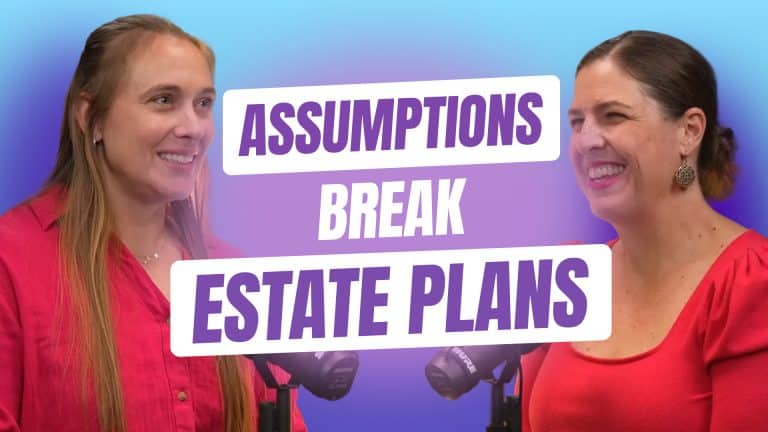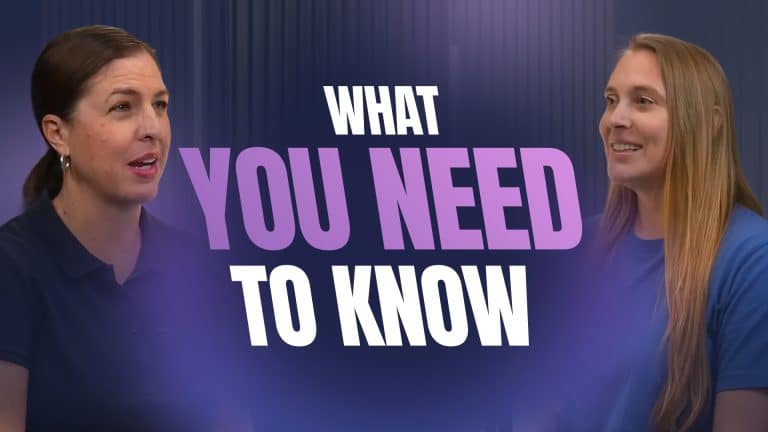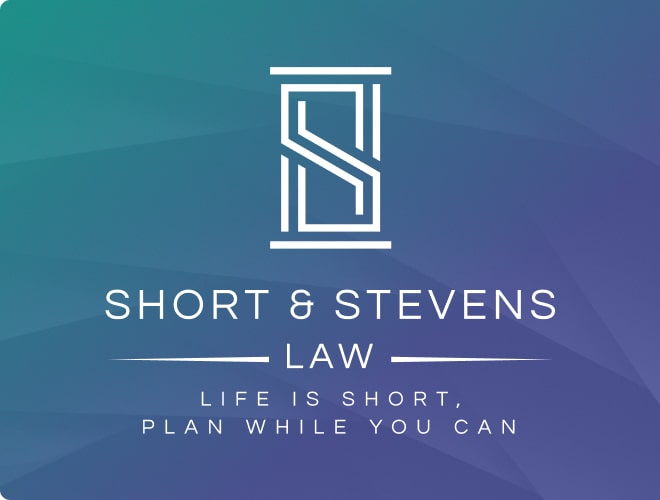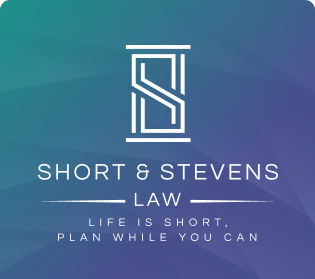This article summarizes a conversation between Amanda Stevens and Whitney Short. For the full discussion, check out the podcast!
When some people hear the term “estate planning,” they assume it’s only for the wealthy, aging, or very sick.
In reality, estate planning is for anyone who wants to stay in control of their personal, financial, and medical decisions, especially when they’re unable to speak for themselves.
If you’ve ever wondered why estate planning is important, it all comes down to ensuring your wishes are known and legally enforceable.
Why Starting at 18 Makes Sense
Once you turn 18, no one has automatic legal authority to make decisions for you, not even your parents.
None of us are immune to the unexpected. That’s why we often say: if you’re old enough to drive, you’re old enough to start thinking about estate planning.
The right documents won’t prevent the unexpected, but they can make life easier for the people who care about you.
Estate Planning During Life and After Death
If you decide estate planning is right for you, the next step is learning what it includes and how it works. This is not so simple, as estate planning will look different depending on your situation.
Moreover, estate planning isn’t just one document that you sign. Rather, it’s a set of documents that cover different situations at different stages of life. Some documents apply while you’re still living. Others take effect after death.
Let’s take a look at some of the most important and commonly used documents.
Medical Power of Attorney (During Life)
This document allows someone you trust to make medical decisions on your behalf if you become incapacitated.
Financial Power of Attorney (During Life)
This document authorizes someone to handle your financial affairs if you are unable to do so yourself.
Their responsibilities may include accessing your bank accounts, overseeing taxes, paying bills, initiating lawsuits, and even managing cryptocurrency.
Guardianship Nomination (During Life)
A guardianship nomination can serve two purposes in estate planning:
One, it allows you to choose your own legal guardian if you ever become incapacitated. Two, it allows you to nominate a guardian for your minor children or dependents in the event you are unable to care for them.
Last Will and Testament (After Death)
This document directs how your assets are distributed after death.
In Nevada, the document must meet certain requirements to be valid, which include but are not limited to being in writing, signed by you, and witnessed by two people who are not beneficiaries.
Disposition Instructions (After Death)
This document clarifies your wishes regarding cremation, burial, and other arrangements—and who has the authority to carry them out.
Final Thoughts
Court can be expensive, time-consuming, and emotionally draining. Fortunately, estate planning can help your loved ones avoid long, drawn-out proceedings.
If you’re over 18, it’s time to get a plan in place.




